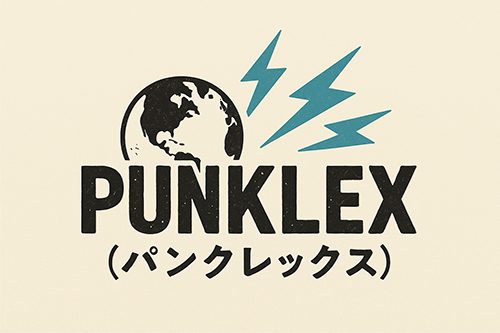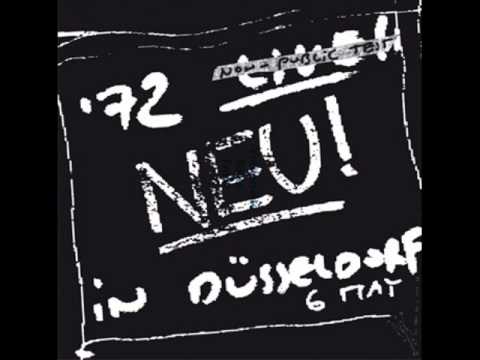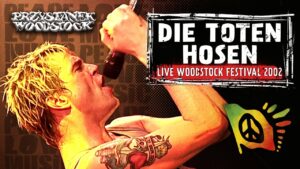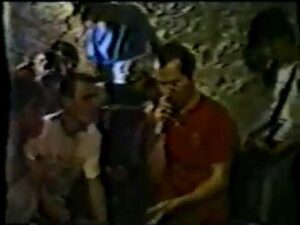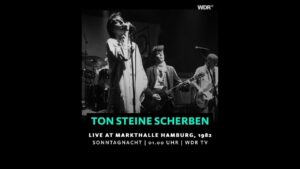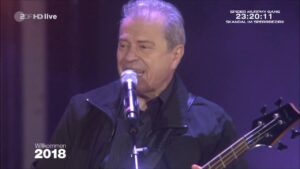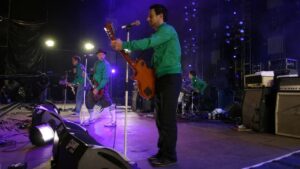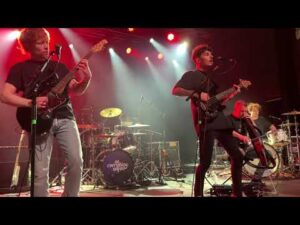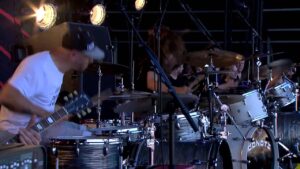Formation & Members
Neu! (ノイ!), an avant-garde band that emerged from the German music scene in the early 1970s, is often credited with laying the groundwork for many genres that would follow, including punk, new wave, and electronica. The band was formed in Düsseldorf, Germany, in 1971 by Michael Rother and Klaus Dinger, both of whom were former members of Kraftwerk. Their collaboration was born out of a desire to pursue a more experimental and minimalist approach to music, distinct from the burgeoning krautrock scene of the time.
Klaus Dinger was known for his pioneering “motorik” beat, a relentless 4/4 rhythm that became a signature of the band’s sound. Michael Rother, on the other hand, brought his skillful guitar work and melodic sensibilities. Together, they created a sound that was both innovative and timeless, characterized by its hypnotic repetition and driving rhythms.
Musical Style & Characteristics
Neu! is often associated with the krautrock movement, but their music transcends simple categorization. The band’s sound is marked by its minimalist structures, repetitive rhythms, and an emphasis on texture and atmosphere over traditional song forms. The “motorik” beat, coined by Dinger, is a defining feature, providing a steady, propulsive foundation that allows other elements to evolve and transform.
Their music often combined electronic instrumentation with more traditional rock elements, creating a sound that was both futuristic and grounded. Rother’s guitar work was characterized by its melodic simplicity and use of effects, creating lush soundscapes that complemented Dinger’s rhythmic innovations. This blend of elements made Neu! a precursor to many modern music genres, influencing artists across different musical landscapes.
Key Works & Discography
Neu! released three studio albums during their initial run: “Neu!” (1972), “Neu! 2” (1973), and “Neu! ’75” (1975). Each album showcases the band’s evolving sound and their commitment to pushing musical boundaries.
Their debut album, “Neu!”, is often hailed as a masterpiece of minimalist rock, featuring tracks like “Hallogallo” that exemplify the motorik beat. “Neu! 2” is notable for its experimental approach, with side two of the album featuring variations of the same tracks played at different speeds due to a lack of funds to complete the recording. “Neu! ’75” marked a shift towards a more aggressive sound, with Dinger’s vocals and guitar work coming to the forefront on tracks like “Hero” and “After Eight.”
Despite their limited discography, these albums have had a lasting impact and continue to be celebrated for their innovation and influence.
Influence on Other Bands/Scenes
Neu!’s influence extends far beyond the krautrock scene from which they emerged. Their minimalist approach and rhythmic innovations have inspired countless artists across various genres. Bands like Sonic Youth, Stereolab, and Radiohead have cited Neu! as a significant influence on their music.
Their sound has been a touchstone for post-punk and new wave bands, and their minimalist, repetitive structures have been echoed in the works of electronic and ambient musicians. The motorik beat, in particular, has become a staple of experimental and alternative music, underpinning the work of many artists who seek to create hypnotic and immersive soundscapes.
Breakups or Reunions
Neu! disbanded in 1975 after the release of “Neu! ’75.” The duo’s creative differences and financial struggles contributed to the split. However, their music continued to gain a cult following, leading to a resurgence of interest in the late 1980s and 1990s.
In 1995, the release of “Neu! 4,” a collection of recordings made in the mid-1980s, marked a brief reunion of Rother and Dinger. Despite this, the two musicians never fully reconciled their differences, and Neu! did not reform for any live performances.
Current Reputation & Legacy
Today, Neu! is revered as one of the most innovative and influential bands of the 20th century. Their pioneering spirit and groundbreaking approach to music have secured their place in the pantheon of rock and experimental music. The band’s albums are frequently cited in lists of the greatest records of all time and continue to inspire new generations of musicians.
Their legacy is evident in the diverse range of artists who acknowledge Neu!’s influence, from David Bowie to contemporary electronic producers. The band’s music remains a touchstone for those exploring the boundaries of sound and rhythm, ensuring their relevance in the ever-evolving landscape of modern music.
Conclusion
Neu! (ノイ!) may have had a relatively brief career, but their impact on the world of music is immeasurable. As pioneers of minimalist and experimental rock, they laid the groundwork for numerous genres and inspired countless artists. Their innovative use of rhythm and texture has left a lasting legacy, cementing their status as icons of avant-garde music. As long as there are musicians seeking to push the boundaries of sound, the influence of Neu! will continue to be felt.
